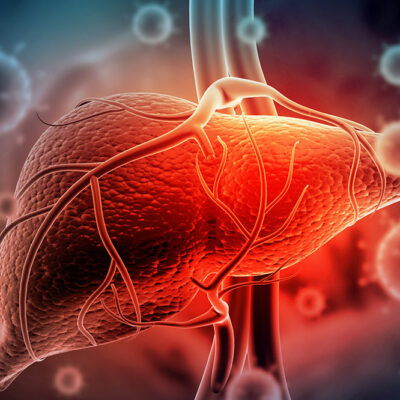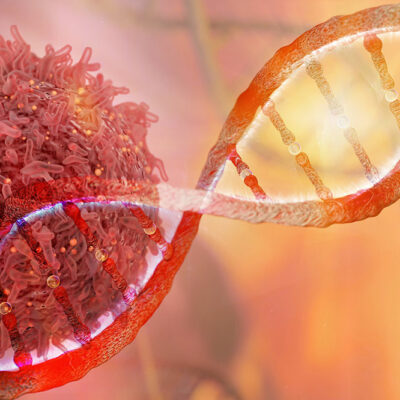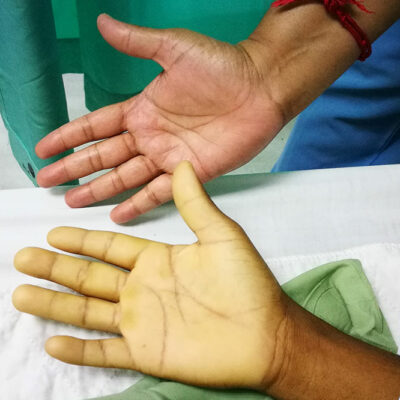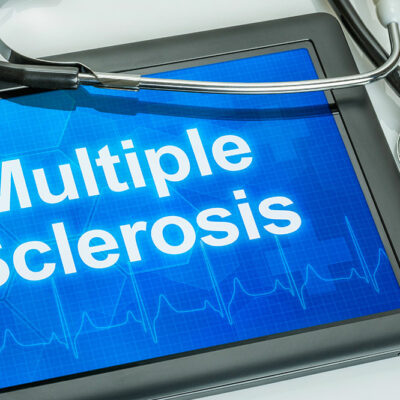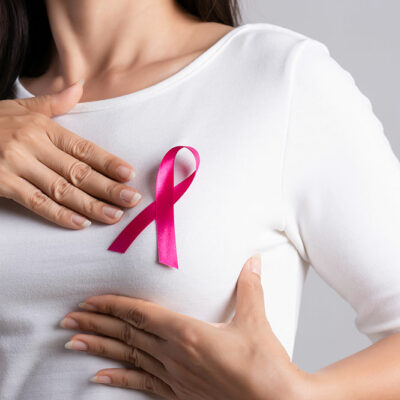
Health
Breast Cancer Types and Early Warning Signs
While men and women are frequently diagnosed with breast cancer, its occurrence is far more common in women. Technology and research have helped with the treatment of cancers. With time, people have become more aware of the types of breast cancer and the symptoms associated with it. Types of Breast Cancer There are two types of breast cancer Invasive Generally categorized as stages 1, 2, 3, and 4, such an infiltrating cancer type is diagnosed when it has spread to surrounding tissues. Non-Invasive Non-invasive breast cancer is diagnosed when cancer has not spread from the originating tissue. This is generally referred to as Stage 0. Depending on the tissue that is affected by cancer, it is further classified as: 1. Ductal carcinoma In most studies of types of breast cancer and symptoms , you will find that ductal carcinoma is the most common type. This type of cancer is formed in the lining of the milk ducts present in the breast. 2. Sarcoma This type of cancer is quite rare. It occurs in the breast’s connective tissue. 3. Lobular carcinoma There are quite a few lobules present in the breast. Cancer that originates in these lobules is called lobular carcinoma.
Read More 
